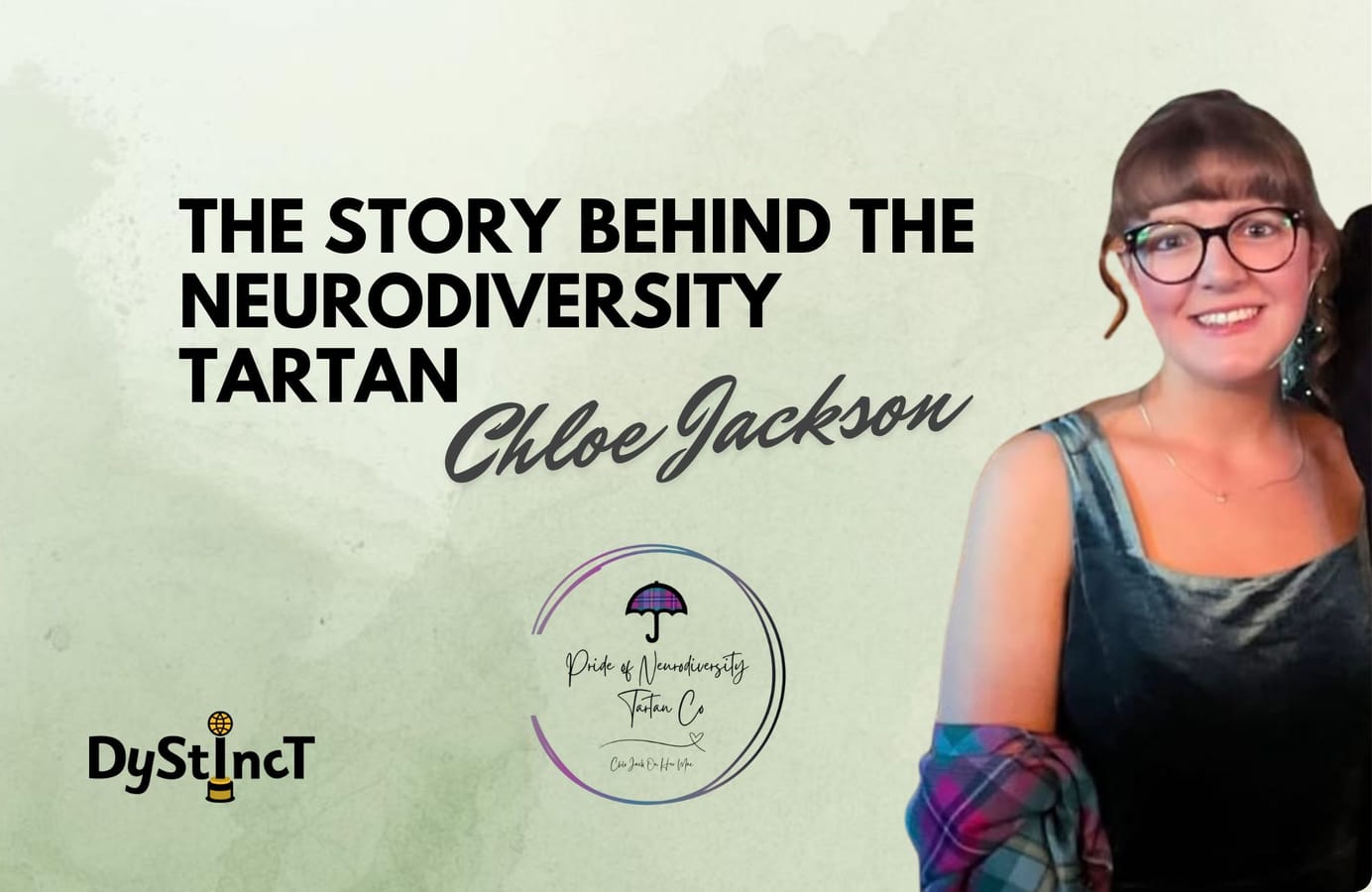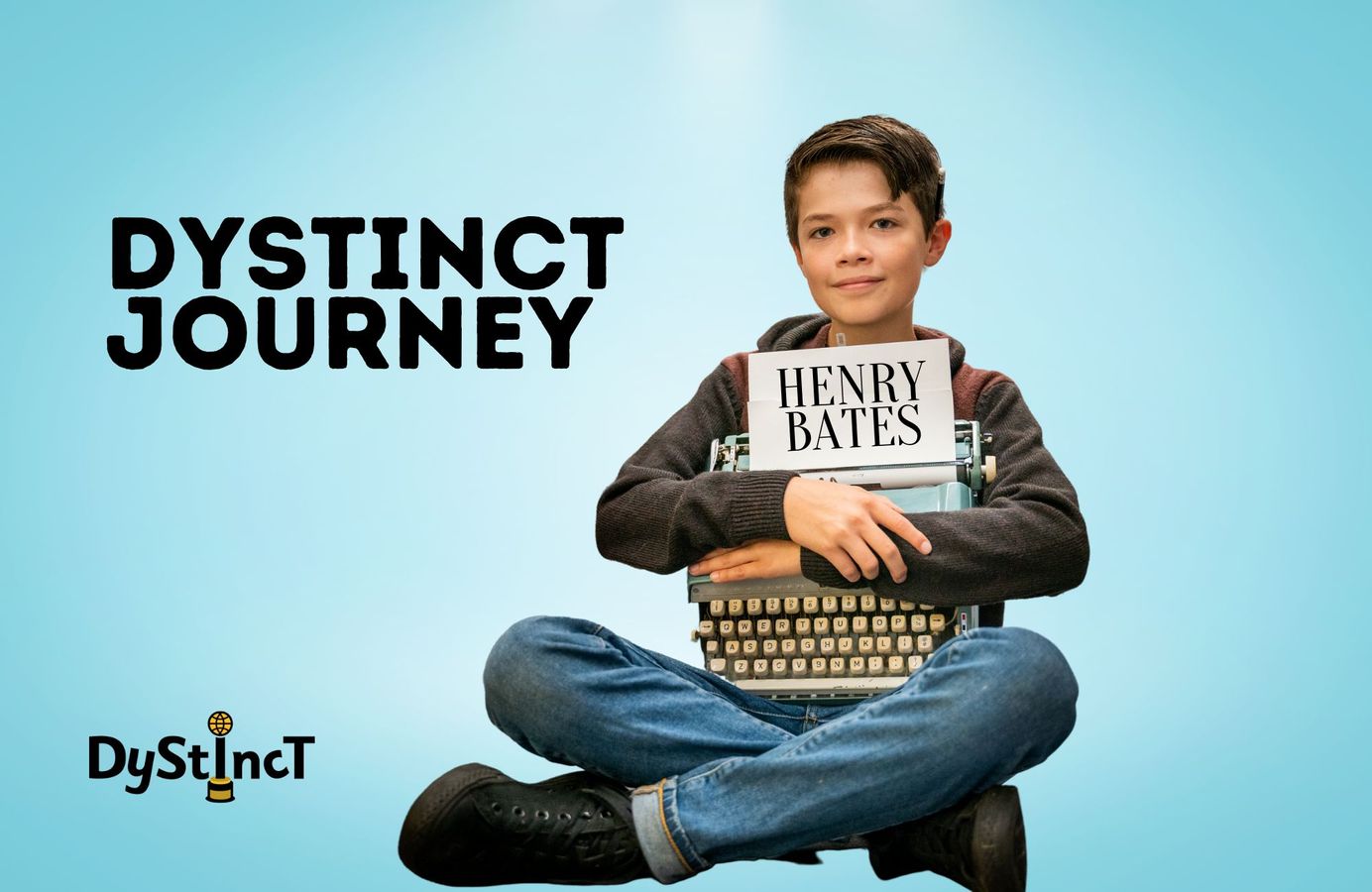
Issue 12: Dystinct Journey of Henry Bates
The story of 12-year-old Henry Bates, a young ambassador for Dyslexia Canada who has a penchant for collecting antiques, creating sketches, and stop motion films
There is a certain nostalgia in owning an object that transports you to a bygone era that keeps collectors yearning to find that perfect antique piece to add to their collection. This longing for nostalgia is not entirely limited to older people looking to escape into the golden past. Henry Bates is a 12-year-old vintage enthusiast from Selwyn, Ontario, who has his mind set on owning a bell phone booth and a 1979 Toyota pickup truck. "I am saving up to buy a bell phone booth- you know, the kind where Clark Kent changed into superman and my dream truck, the 1979 Toyota pickup truck… oh and also the 1979 Sony Walkman," shares Henry.
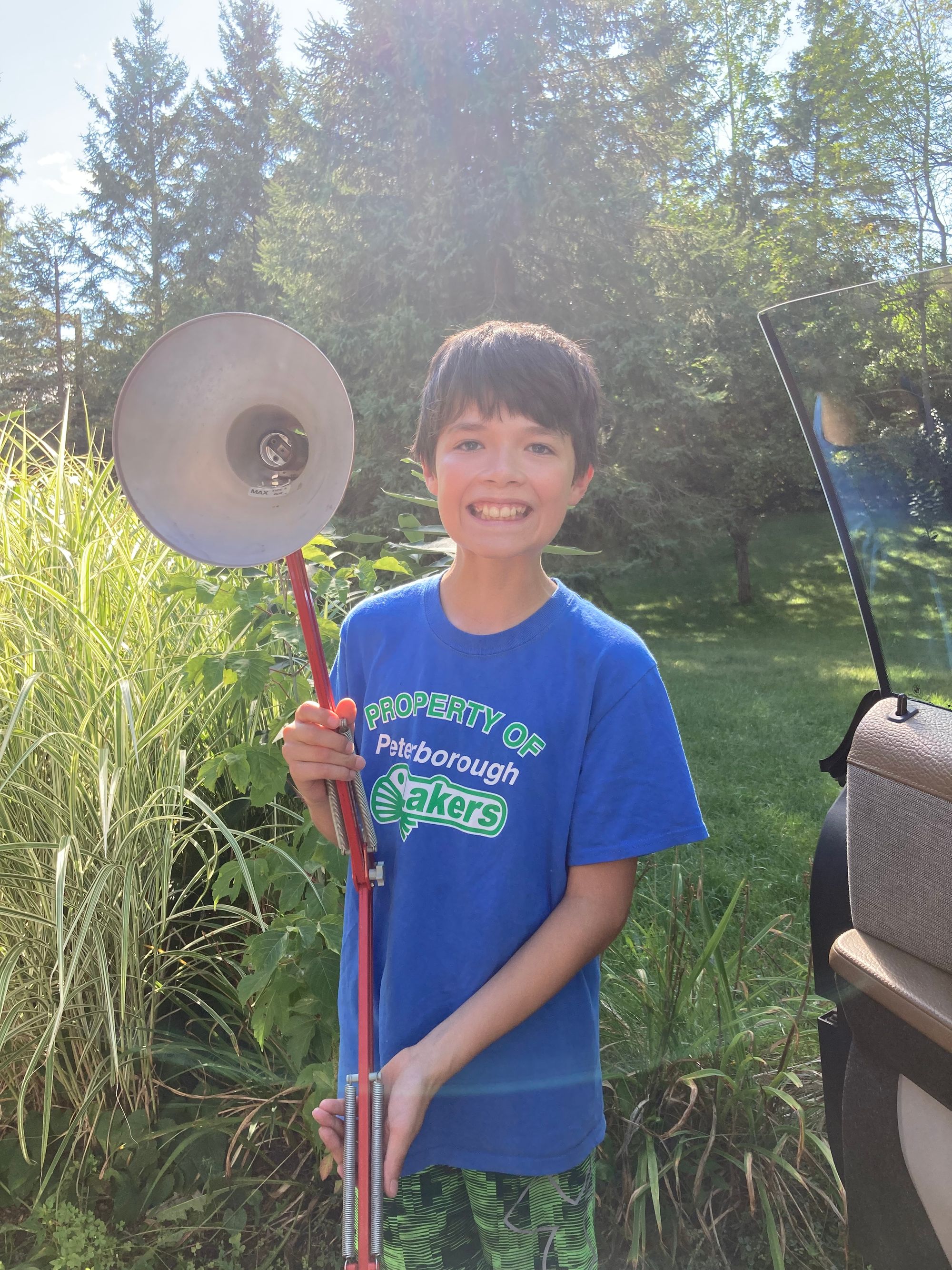
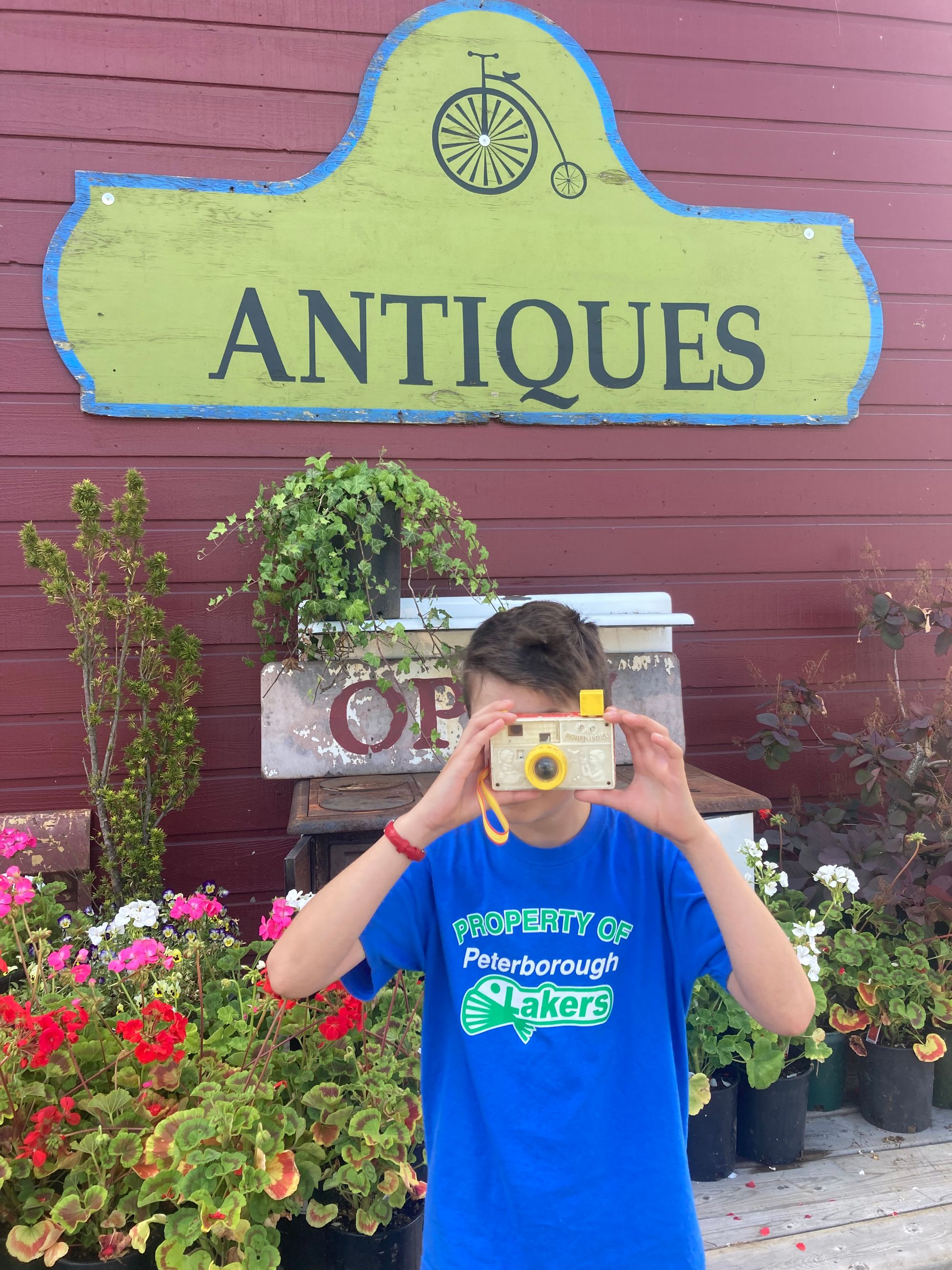
Henry’s love for antiques began when his dad, Russell Bates, gifted him a Sony Walkman. Henry listened to his first cassette tape, Cruel Summer by Bananarama, on repeat and fell in love with the experience. Over the years, he has amassed an interesting collection of rare antique collectibles by offering to perform household chores to fund his passion. "I buy my pieces from all different places. Secondhand stores and antique stores are my favourites. Sometimes people give them to me for free."
Owning beautiful antiques comes with the responsibility of maintaining them. Luckily, Henry has a keen interest in industrial design. His mum, Jennifer Bates, shares, "Henry is interested in all aspects of design. He collects rare vintage antiques, and they are veritable who's who of industrial design. He is, for instance, very proud of his Henry Dreyfuss telephone, as he is also named Henry."
Henry has already been involved in restoring his favourite wagon, typewriter, and rotary phones. He takes after his father, who is also dyslexic, just like Henry. Talking of the restoration work on his wagon, Henry shares, "It was a good project. My brother Grayson, father, and I all had a part in it. My father taught me how to do a lot of the restoration work, including priming, painting, grinding, and welding."
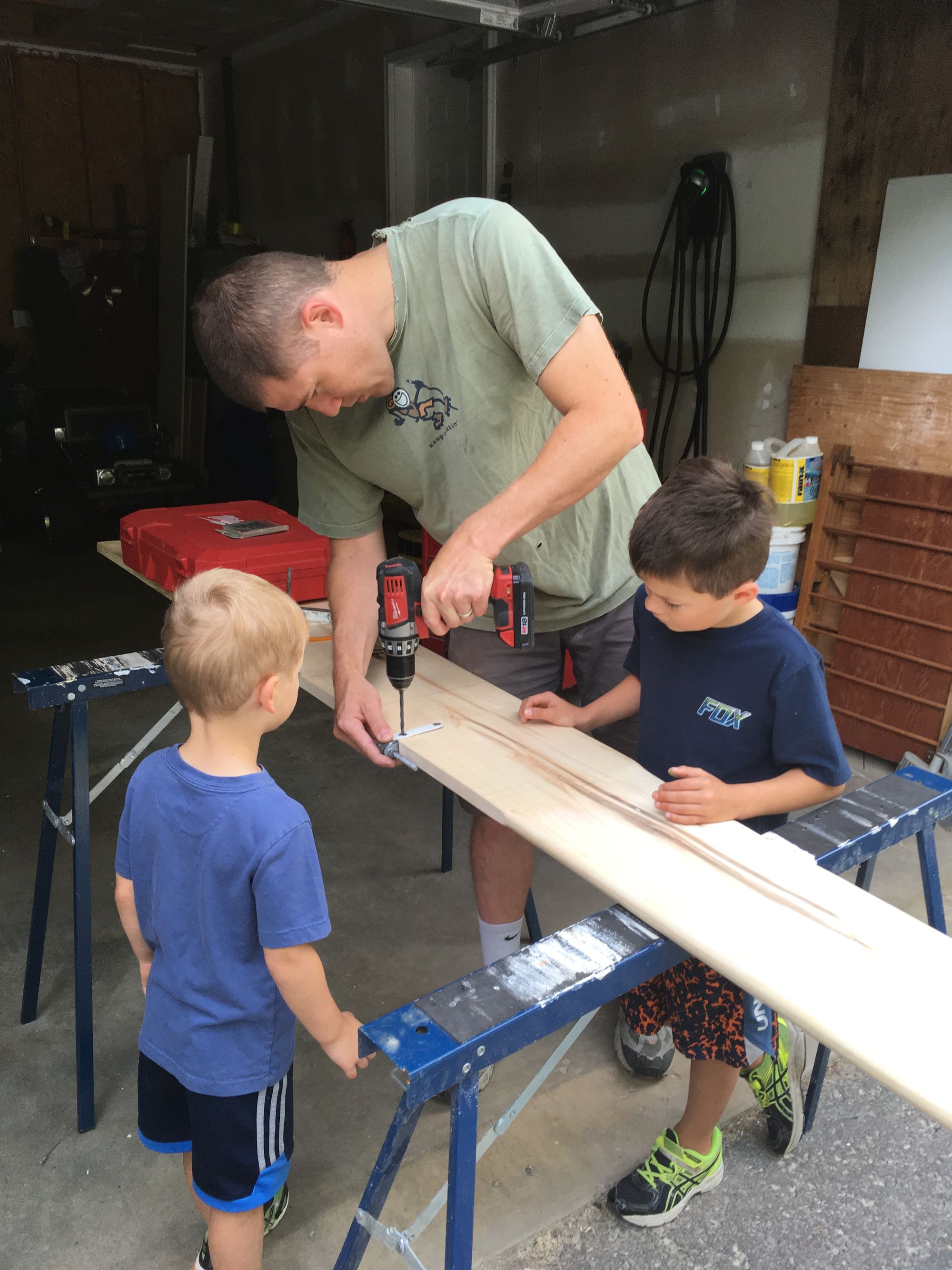
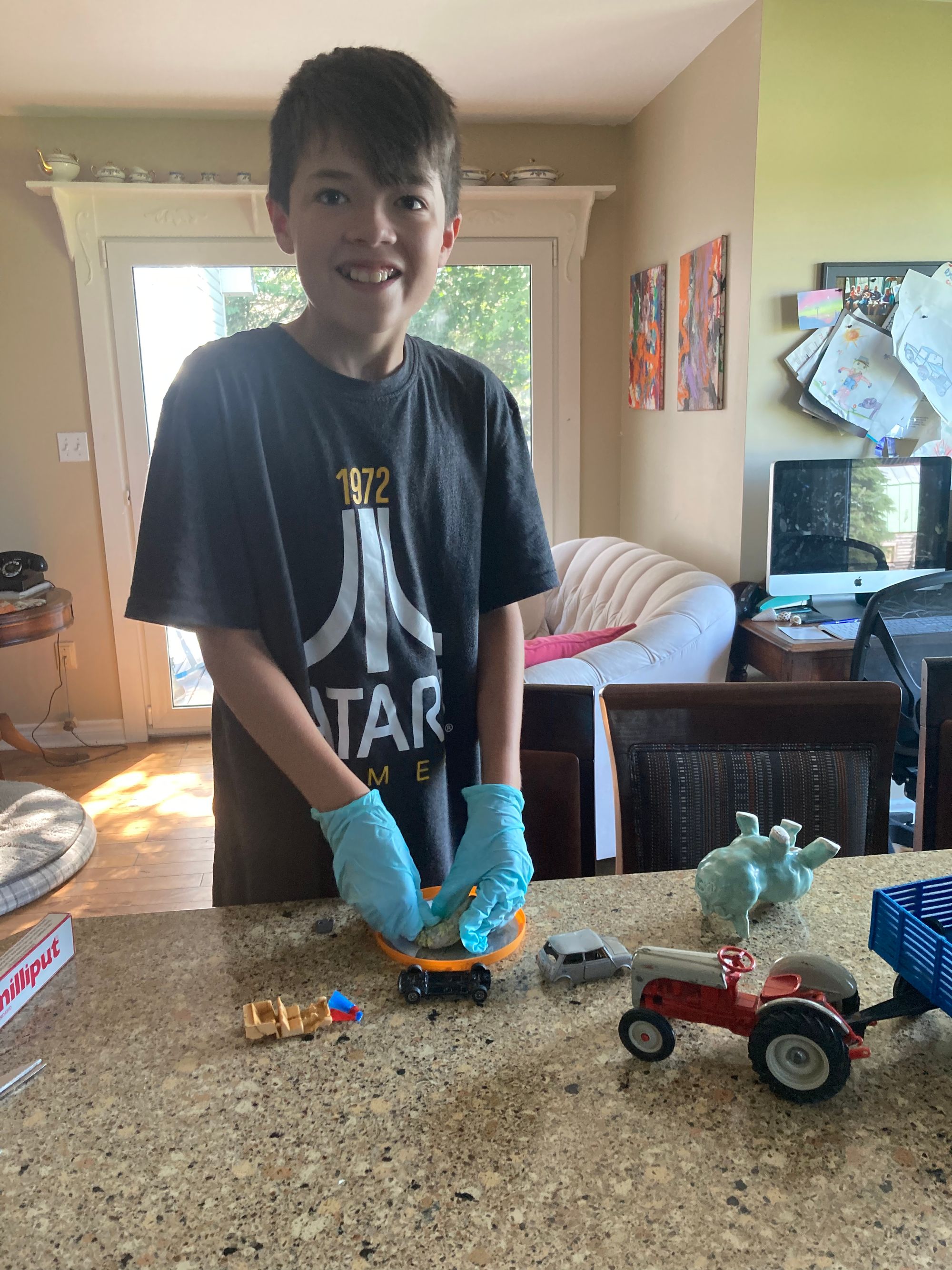
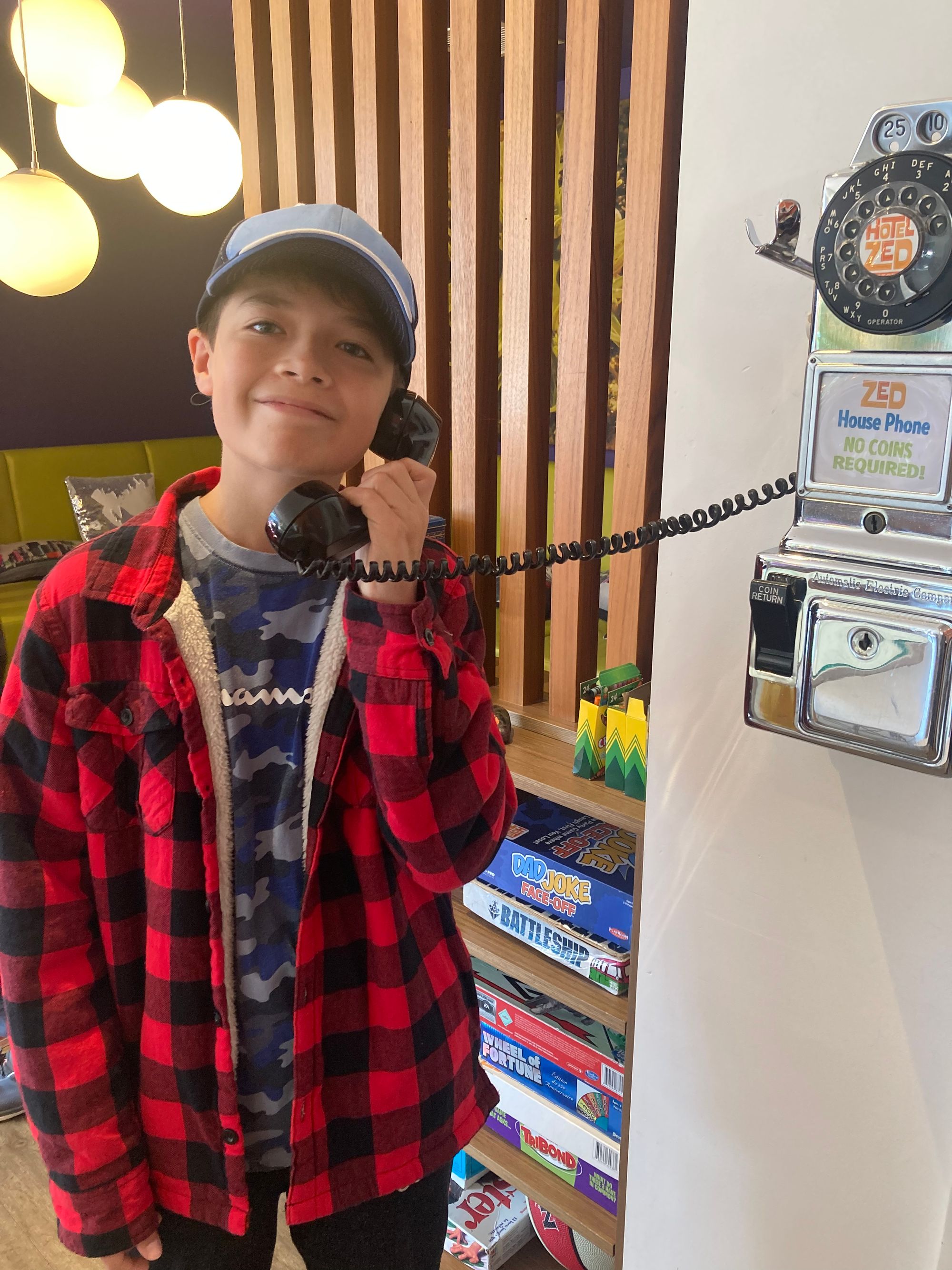
Henry was identified as dyslexic when he was 8 years old. His parents decided to have a psychological assessment done privately as it was a bit of a mystery to them why Henry, their clever child, had to work so hard to learn how to read. Henry has many talents; he is an avid runner and is a member of the Peterborough Pirates Triathlon Club. He also enjoys playing tennis, drawing, sketching, and creating stop-motion films. According to Jennifer, though, Henry's biggest strength is his empathy. "Henry has incredible empathy. We've been told that he can feel the emotions of an entire classroom. He cares so much about people that sometimes he cares too much about what they think. It can keep him awake at times. It really is true; your biggest strength can be your biggest weakness."
Jennifer shares that dyslexia wasn't on their radar when Henry was about 6 and just beginning to struggle with schoolwork. Henry is bilingual and incredibly creative, so they truly believed that if he just worked harder and gave it more time, things would just "click". However, her husband, who is dyslexic, kept saying that Henry was a lot like himself. "Henry has always been very creative. He has always loved to explore. We used to laugh because he had as much fun building block towers as destroying them. He was always interested in how things were put together. He had a very strong awareness of 3-Dimensional design. I have pictures of 3D dinosaurs he built without instructions. From the time he was 3 or 4, he was identifying patterns in Disney Pixar movies. He noticed the most minute of details. Fast-forward to today, and aspects of design are all he talks about. From the shape of lights on vehicles to the updated font on a Rice Krispies box, he can't stop exploring the beauty of the world around him," shares Jennifer.
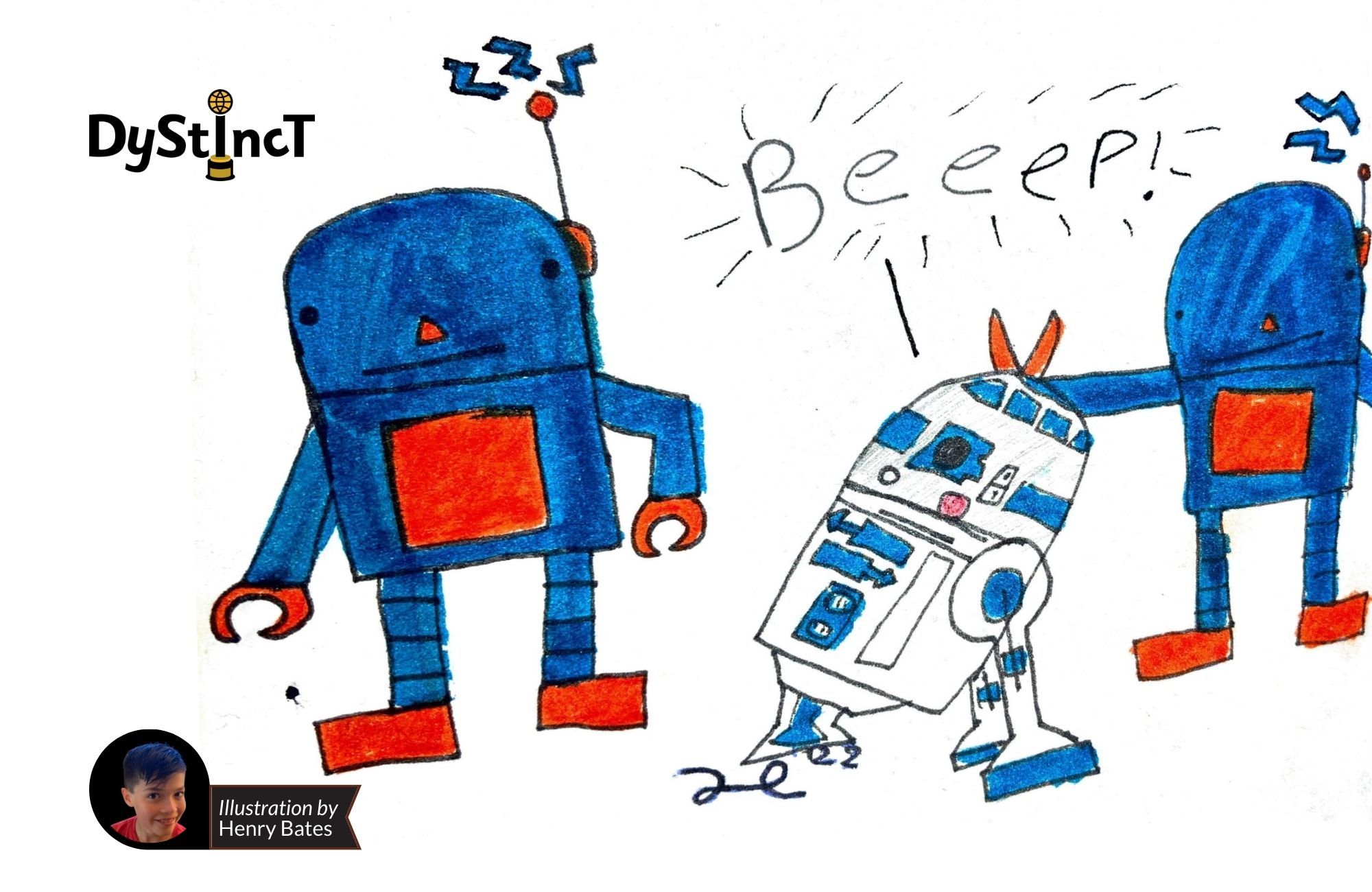
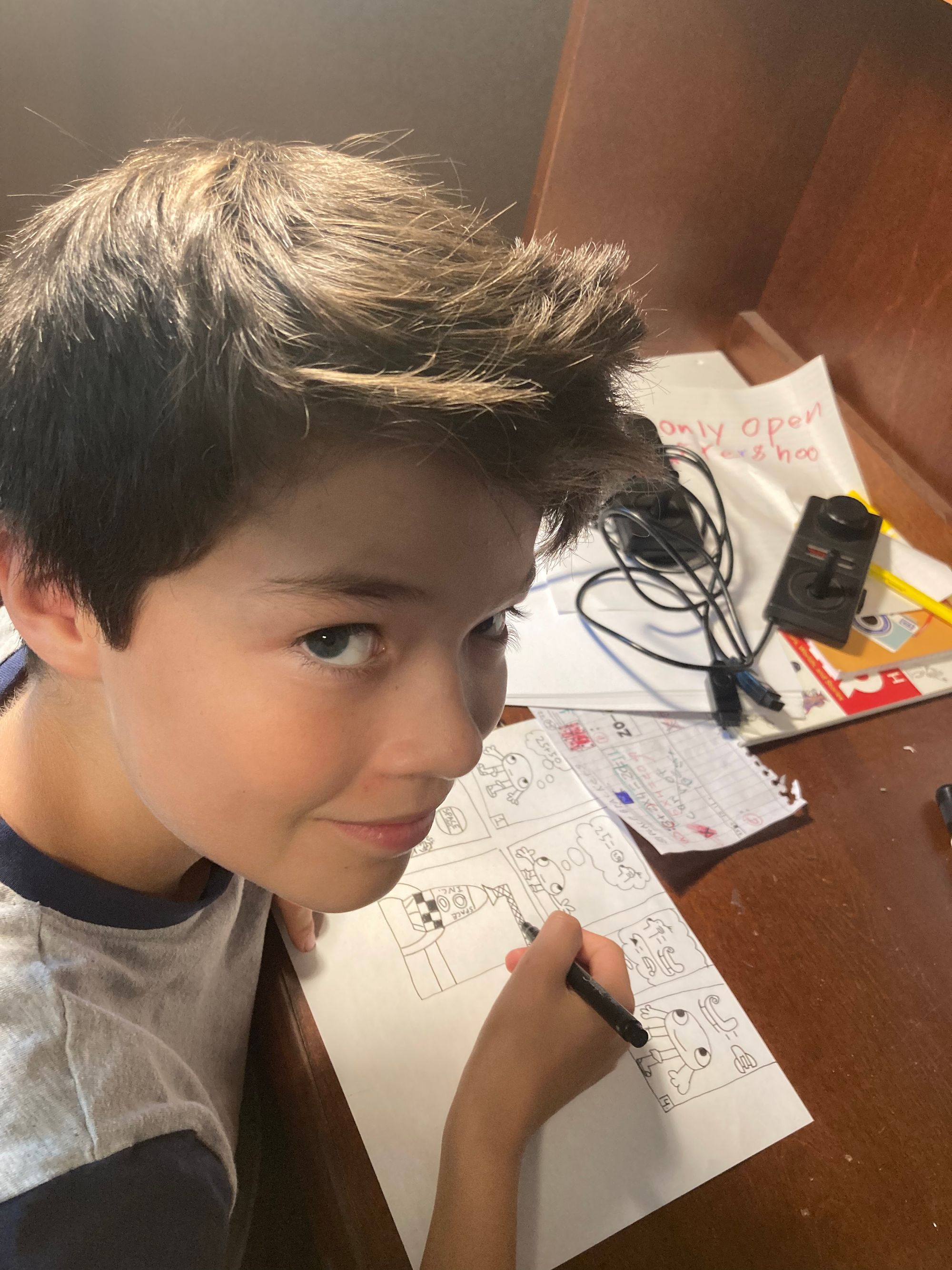
However, after grade 3, when things didn't click, they decided to have Henry assessed. "We had Henry formally assessed outside school and paid for it ourselves. Unfortunately, there isn't enough testing to meet the needs of all neurodiverse children. We also decided as a family to pay privately for Henry to get the reading interventions he needed. He has received targeted reading interventions virtually through SpellRead and had some amazing teachers. Shout out to Stephanie Davidson, Henry's teacher. I know that not every family can afford this and hope schools across the country will begin to incorporate a more scientific reading instruction."
All the stories we read to our children didn't help develop Henry's fluency. However, his vocabulary increased through listening to the stories.
Jennifer herself is a secondary English and Language teacher by training, but she admits that her teacher training did not wholly equip her to help Henry. "I didn't have knowledge of some of Scarborough's Reading Rope which explains the complex processes involved in reading. I was pretty weak in the area of word recognition… but I had a lot of strength and training in language comprehension, which is so important. My husband and I love stories, and we always read to our children. Though it didn't help develop Henry's fluency, his vocabulary increased through listening to all the stories, and he has a breadth of interests and knowledge across a slew of topics."
This post is for paying subscribers only
SubscribeAlready have an account? Log in


